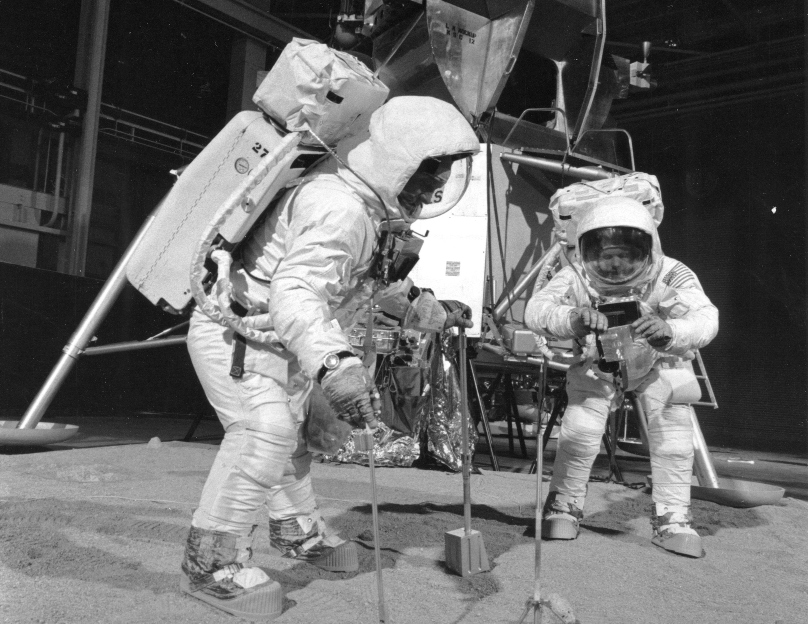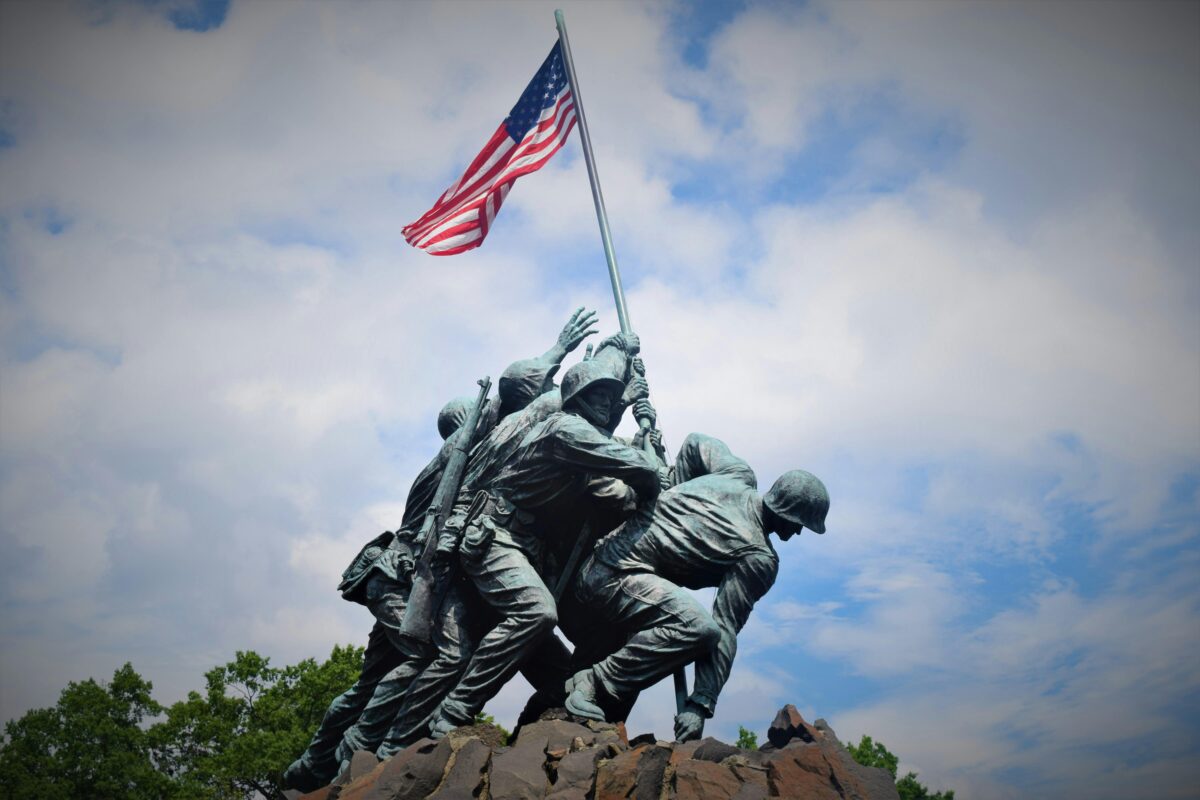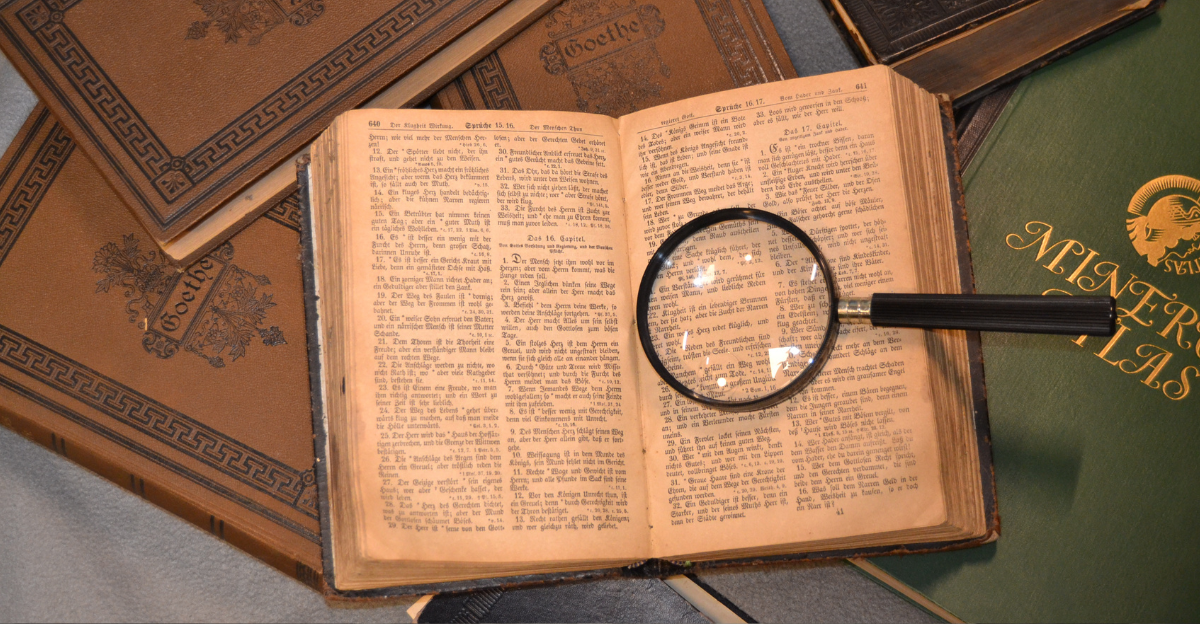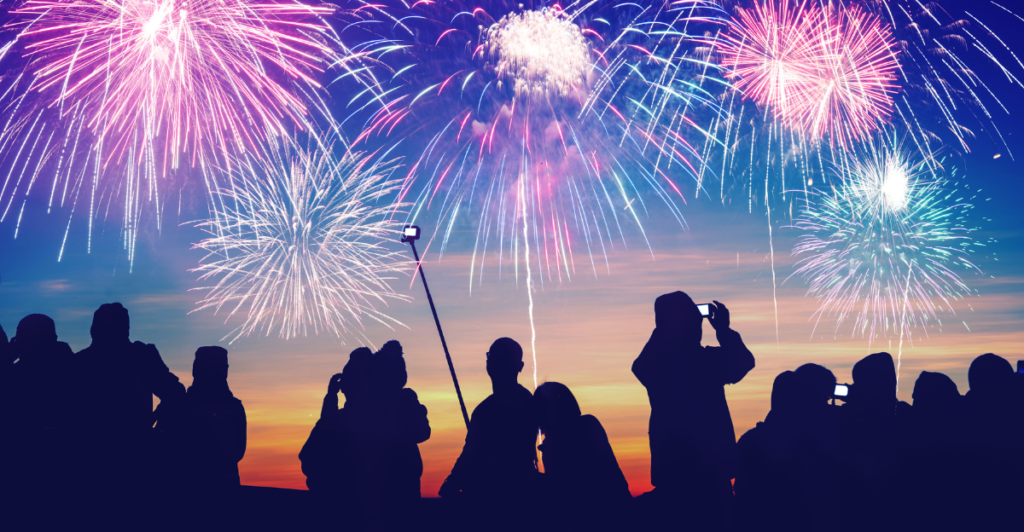
Every year, we take to the streets and the homes of friends and family to celebrate a variety of holidays that make us feel like we are all part of something bigger. But do we really know the true origins of these holidays, which see us decorating our homes and public spaces? Let’s take a look at the true meaning of our favorite holidays.
1. New Year’s Day
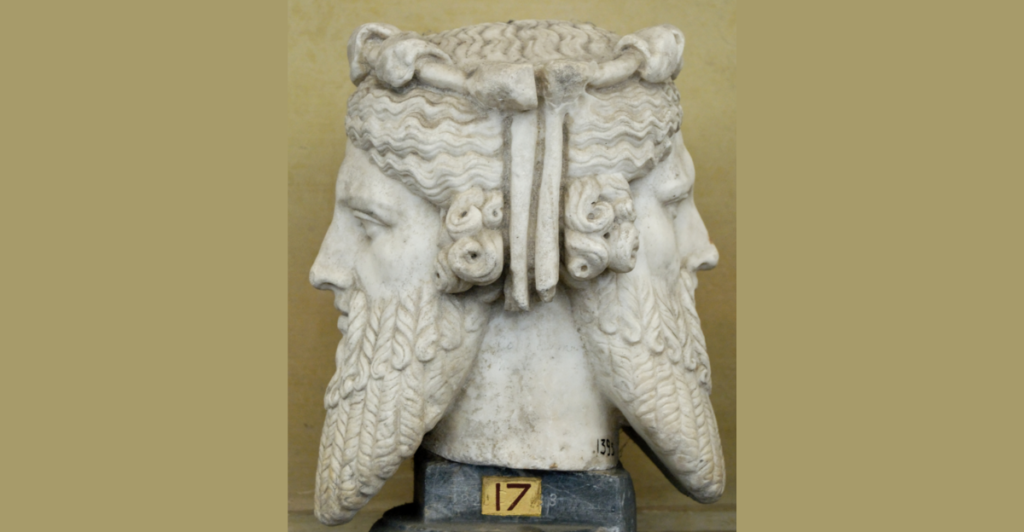
New Year’s Day marks the start of the year in the Gregorian calendar. The date, January 1st, was established in 46 BCE when Julius Caesar introduced the Julian Calendar. January is named after Janus, the Roman god of doors and beginnings, who oversaw beginnings and endings. Janus symbolized looking forward and backward in time simultaneously.
2. Thanksgiving
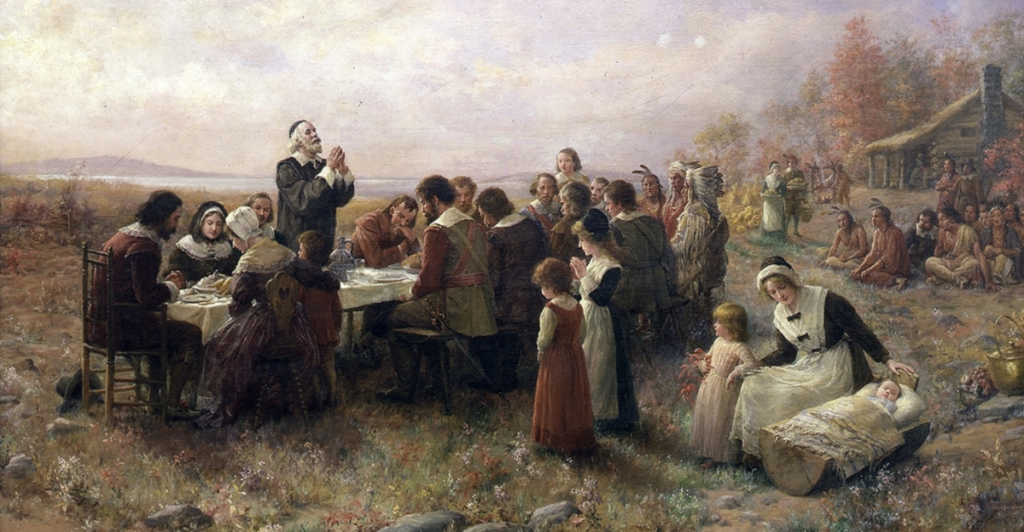
Celebrated on the fourth Thursday of November, Thanksgiving is generally regarded as a time of gratitude and commemorates a 1621 harvest celebration that Pilgrims and Native Americans shared. However, there is more to this idyllic narrative, which overlooks the conflicts and a devastating war between colonists and indigenous peoples that followed this shared meal in favor of giving a more nuanced picture of the holiday.
3. Labor Day

Celebrated on the first Monday in September, Labor Day is a tribute to American laborers’ work and originated in the labor movement’s fight for workers’ rights. It was created after the 1894 Pullman Strike, a national railroad strike that turned violent, leading to federal action and dozens of deaths. To pacify the nation, President Grover Cleveland made Labor Day a federal holiday shortly after the strike.
4. Valentine’s Day
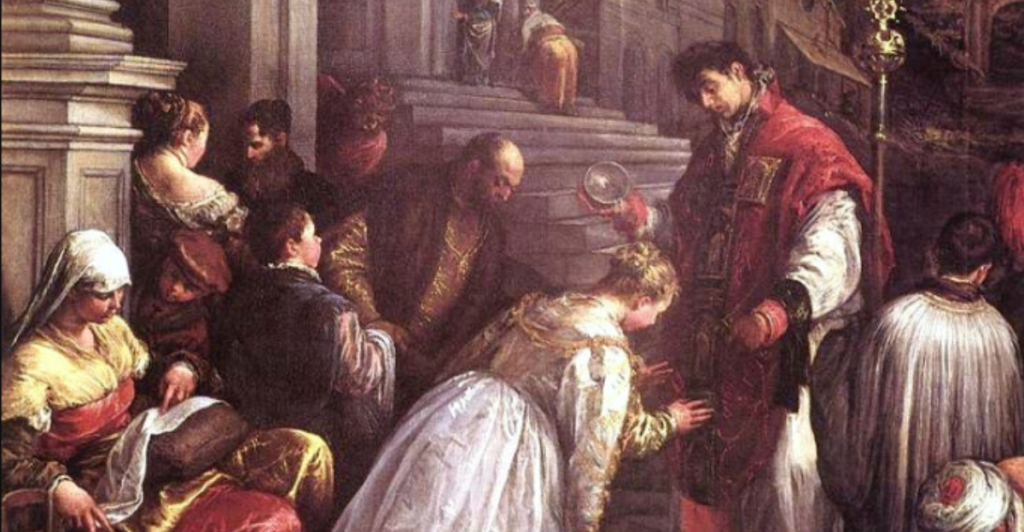
We all know February 14th to be a day devoted to love and affection. However, Valentine’s Day has much darker roots than this narrative leads us to believe. Its origins trace back to Saint Valentine, a Roman clergyman who was executed for performing marriages for soldiers against imperial decree. Over time, his martyrdom evolved into a day celebrating romantic love.
5. Halloween
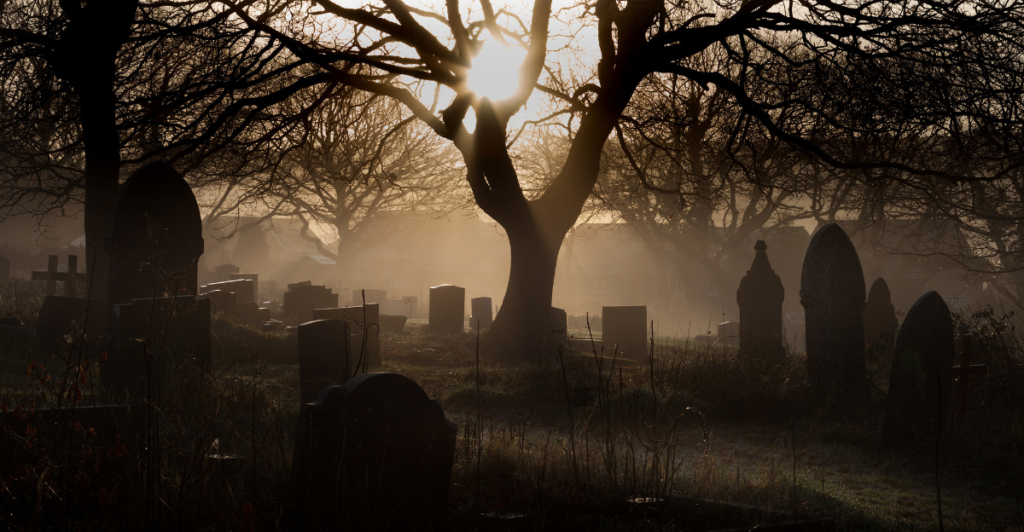
Observed on October 31st, Halloween has its roots in the ancient Celtic festival of Samhain. This festival marked the end of the harvest season and the onset of winter, which was considered the “dark half” of the year. Further, it was believed that on this day, the boundary between the living and the dead became blurred, and various rituals were carried out to ward off spirits—a far cry from today’s playful celebrations.
6. Juneteenth
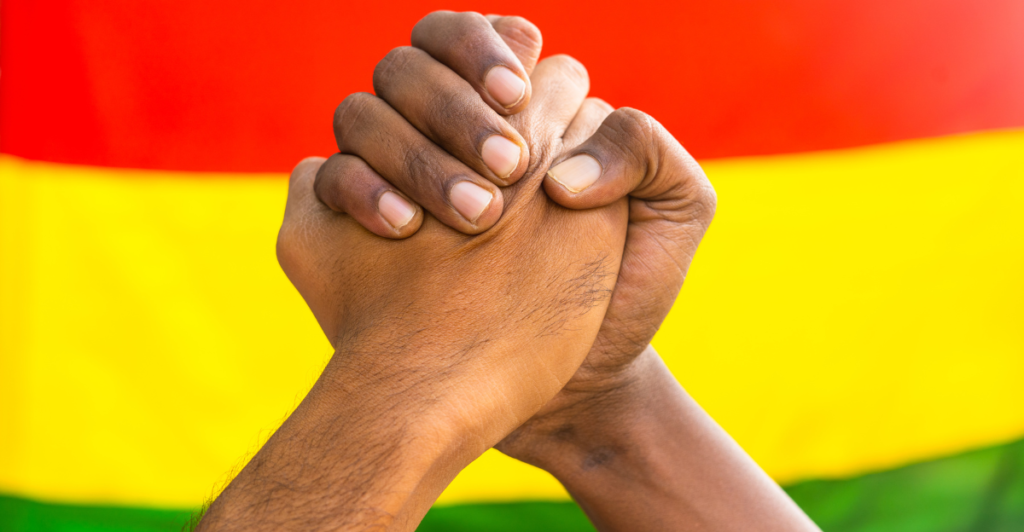
Juneteenth National Independence Day is a relatively new federal holiday (since 2021) commemorating the end of slavery, when Union troops freed roughly 250,00 people from enslavement on 19 June 1865. Previously called “Freedom Day” or “Emancipation Day” by African Americans, Juneteenth celebrates African American independence while recognizing the abolitionists who worked to end slavery.
7. Christmas
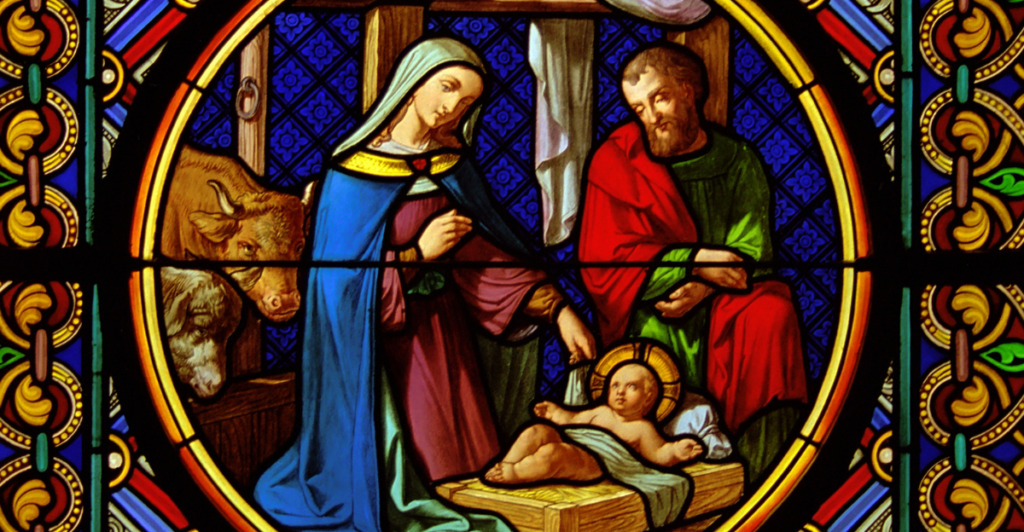
Started on December 25th, Christmas is a celebration marking the birth of Jesus Christ. The date has roots in both Christian and pagan traditions. Early pagan festivals, such as Saturnalia and Yule, observe the winter solstice, while the Christian church adopted the date as Jesus’ birthday. Through many traditions, it continues to symbolize peace, love, hope, and joy.
8. Columbus Day
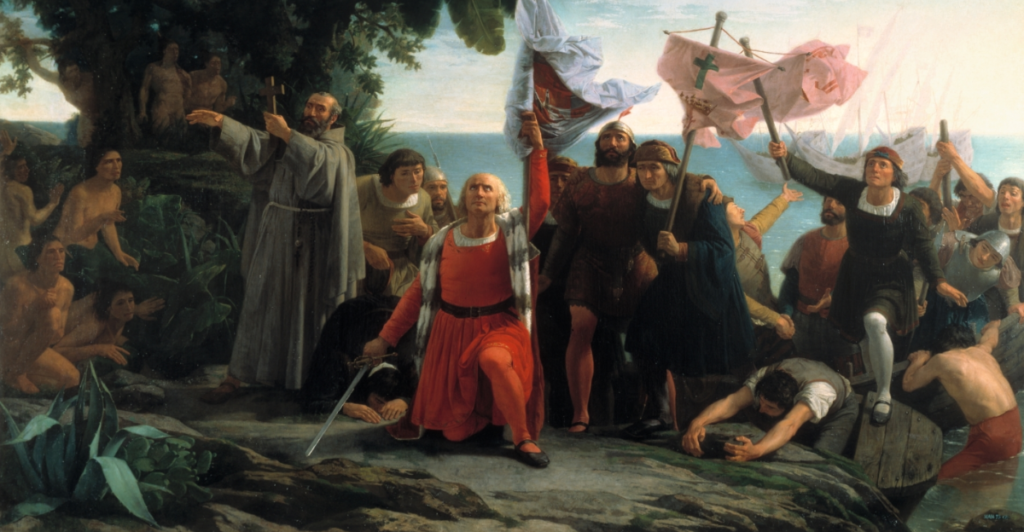
Established to honor Christopher Columbus’s landing in the New World in 1492, Columbus Day originally celebrated his “discovery of America.” However, since the 1990s, it has been criticized for celebrating a figure associated with the colonization and oppression of indigenous peoples. As a result of this reassessment of history, there has been an increasing movement to celebrate it as Indigenous Peoples’ Day instead.
9. Independence Day
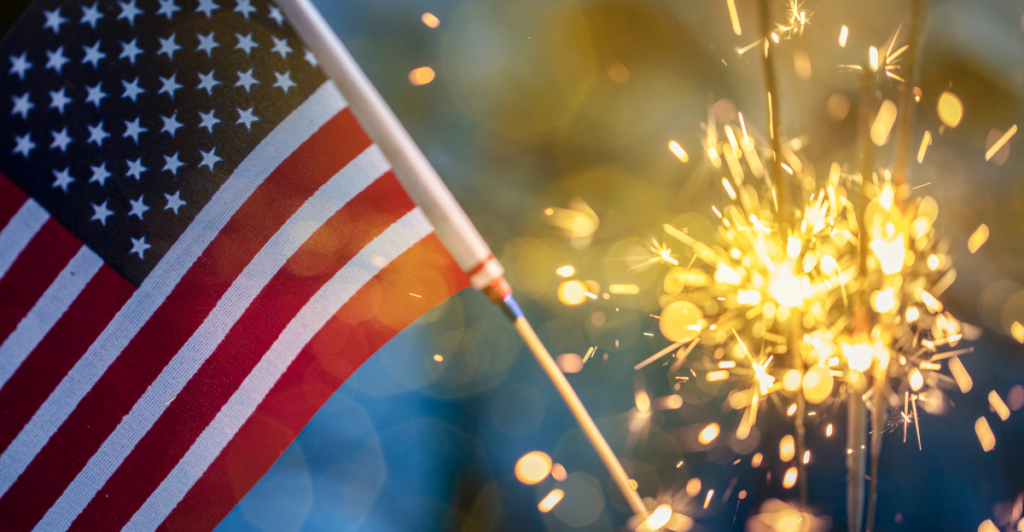
On July 4th, Americans commemorate their independence from Britain after the signing of the Declaration of Independence on July 4, 1776. Though a symbol of liberty, at that time, enslaved African Americans and indigenous peoples did not enjoy the freedoms celebrated, highlighting the era’s contradictions and proving that American freedom is multifaceted.
Sources
From Thanksgiving to Labor Day, these 9 holidays have surprisingly dark origins
10 Beloved Holidays with Surprising Dark Origins Stories




